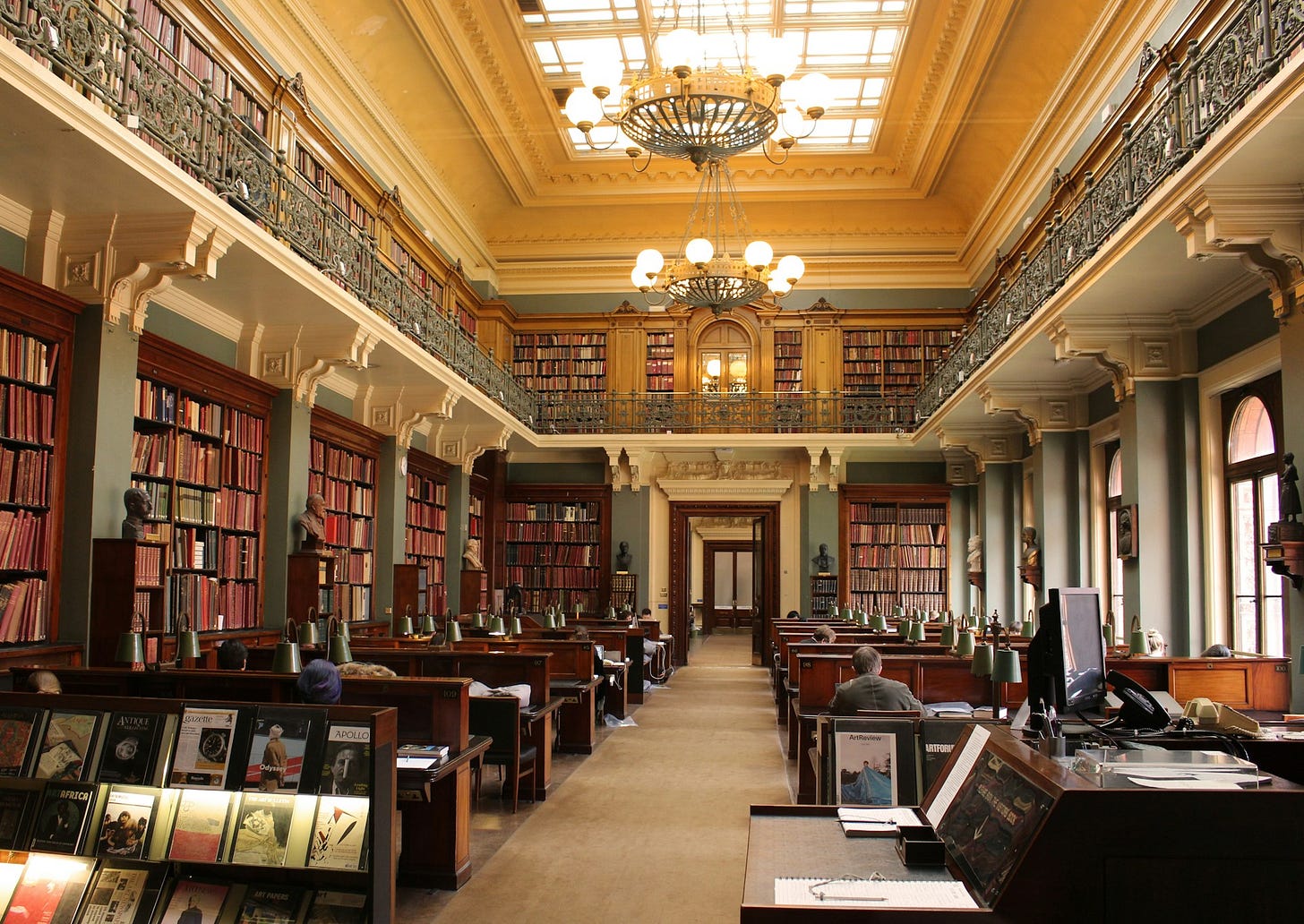books I enjoyed reading recently
a list of books I read and wrote about and the movie I watched
Dear Reader,
As much as I love writing, I have not been regularly writing my newsletter. That I am both aware of and guilty of. But, for the last few months, I have been preparing documents for my thesis statement presentation scheduled for next week. Therefore, these last few months and weeks have been more thesis--than anything else.
But recently, I had some time to get back to reading and writing other things. Recently, I completed a few books I had read halfway through, wrote reviews for those books I had read in between, and even managed to read fiction in a day.

In this newsletter entry, I will list out some of the things I have read, written, and found interesting:
1. Despite much of the academic work and other commitments, I have managed to watch a lot of movies. In recent days, I have tried to restrict myself from this torment and rather focus on things that matter--maybe read fiction instead. But, among the things I watched was this heartwarming sibling drama: "His Three Daughters" on Netflix. The whole movie is set in a cramped apartment in New York, narrating how three estranged sisters await their father's death--and navigate through their differences. I found this movie really lovely. Do check out the review here.
2. There were two books I had read on South Asia some months ago and had not written their reviews. So, these last few days, I sat through and jotted down a few thoughts on the two books.
Farzana Shaikh's book Making Sense of Pakistan discusses how multiple, often-contradictory visions of Pakistan have caused Pakistan's present to be as fraught as it is. She outlines how Islam and its various interpretations became a unifying and mobilising tool for the Pakistani state. Check my review of the book here.
In another book on South Asia, Historian Pallavi Raghavan, in her book Animosity at Bay: An Alternative History of India-Pakistan Relationship, 1947-1952, takes a contrarian view from a general understanding that flames of partition continue to define India-Pakistan relations towards examining how partition enabled the state-making projects in India and Pakistan, often mediated through dialogue and cooperation. This is a refreshing take. Read my review here.
3. In 2023, Princeton University Press sent a review copy of Sergei Guriev and Daniel Treisman's book Spin Dictators: The Changing Face of Tyranny in the 21st Century. But it took me just too long to read it. It is one of the most lucid books I have read in recent years.
The authors, Guriev and Treisman, discuss how dictatorship has been taking new shapes. Nowadays, dictators are more democratic in their outlook--conducting elections as well as allowing free speech and protest--than democrats themselves. This they called spin dictatorship. I thoroughly enjoyed reading this book, check out my thoughts here.
4. Microhistory. Carlo Ginzburg. and Menocchio. I have heard of these names several times in the last few months. I came across Ginzburg in one of the lectures I was attending earlier. Then, when I was listening to Sanjay Subramanium's interaction with Gayatri Spivak and Urvashi Butalia, I came across Ginzburg and microhistory once again. Check out the lecture here.
So, when I first grabbed an old copy of Ginzburg's The Cheese and The Worms, I was hooked. The first sentence, "His name was Domenico Scandella, but he was called Menocchio", already wants you to know what was about him. In Ginzburg's brilliance, this book draws on Inquisition trial documents to account for the absurd worldview of a Friulian miller in Italy.
According to Menocchio: “In the beginning this world was nothing, and that it was thrashed by the water of the sea like foam, and it curdled like a cheese, from which later great multitudes of worms were born, and these worms became men, of whom the most powerful and wisest was God, to whom the others rendered obedience…”
History students must read this work. Check out my review of this book.
5. Besides these, I have also read this novella by Banana Yoshimoto, titled Kitchen, published in 1988 and translated in 1993. This book is lovely. I won't write anything about it here. Perhaps, if you want to read fiction you want to remember for a while, just grab this 100-page book written in such simplistic language. Read my review here.
These aside, I am looking forward to reading this one book by Emily Herring, titled Herald of a Restless World: How Henry Bergson Brought Philosophy to People. Although this book has to wait for my thesis statement presentation and confirmation, I think the book will hook you up. At least, the introduction is so engaging that you wouldn't want to put the book down. Here is a short link for those who want to buy it.
Well, that's the newsletter for this month. Thank you, dear read, for your patience and see you again.
Happy reading :)


